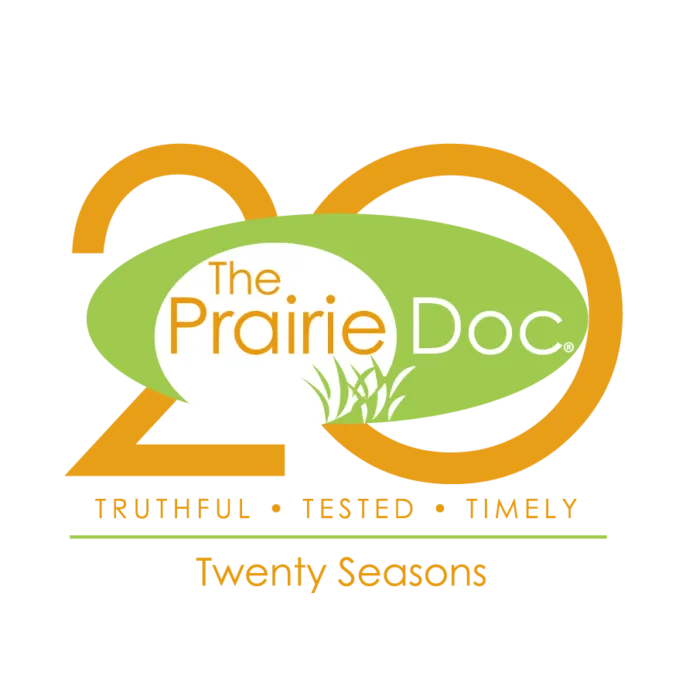A few (or more) years ago, Popeye the Sailor Man was an inspirational cartoon character. When needed, the superhero would quickly swallow some spinach and become strong, able to pack a punch that would defeat any evil villain.
Nowadays, TV and internet commercials are encouraging men to consider testosterone replacement as the way to become stronger. While they are quick to tout the benefits, the risks are important and should not be ignored.
Testosterone is the hormone in men that is produced from the testicles. It helps in sexual development in men, libido, erections, sperm production, muscle mass, and bone growth. It counteracts fat mass, stimulates red blood cell production, and plays a role in cognition and mood.
If a man has low testosterone (hypogonadism), determined by at least two early morning fasting blood draws, and they have symptoms of low testosterone, then it is reasonable to consider testosterone replacement therapy. Signs and symptoms of hypogonadism include low libido, decreased erections, loss of body hair, low bone mineral density, gynecomastia (breast development), and small testes.
Symptoms such as fatigue, depression, reduced muscle strength, increased fat mass, and low blood counts can be caused by a wide variety of factors, and should not be reasons alone to consider testosterone replacement.
The best way to increase one’s testosterone is through good old diet and exercise. Studies have shown exercise, strength training, and weight loss all help to increase testosterone levels, oftentimes more than testosterone replacement does. Fat produces a hormone called leptin, which counteracts testosterone. Thus, losing fat and gaining muscle naturally increase one’s testosterone. Meanwhile, a healthy diet and exercise often boost energy, mood, and overall health.
The most effective method for testosterone replacement is by injection. There are also topical gels and patches. Any over the counter supplement that claims to boost testosterone is misleading and unlikely to have any significant effect on testosterone levels.
Risks of testosterone replacement include prostate cancer, heart attacks, strokes, blood clots, acne, breast enlargement, sleep apnea, aggression, and can contribute to an enlarged prostate, which can cause urinary frequency or even urinary obstruction. While natural testosterone stimulates sperm production, testosterone replacement decreases sperm counts, decreases fertility, decreases testicular size, and decreases natural testosterone production.
Testosterone levels naturally decrease as men get older. While some may advertise testosterone as a “fountain of youth,” the benefits are limited in this scenario and the risks increase as men get older. Popeye had the right idea. Putting in the work, and eating some spinach, is likely the better long-term plan.
Andrew Ellsworth, MD. is part of The Prairie Doc® team of physicians and currently practices Family Medicine at Avera Medical Group in Brookings, South Dakota. Follow The Prairie Doc® at www.prairiedoc.org, Facebook, Instagram, YouTube and Threads. Prairie Doc Programming includes On Call with the Prairie Doc®, a medical Q&A show (most Thursdays at 7pm streaming on Facebook), 2 podcasts, and a Radio program (on SDPB), providing health information based on science, built on trust.





